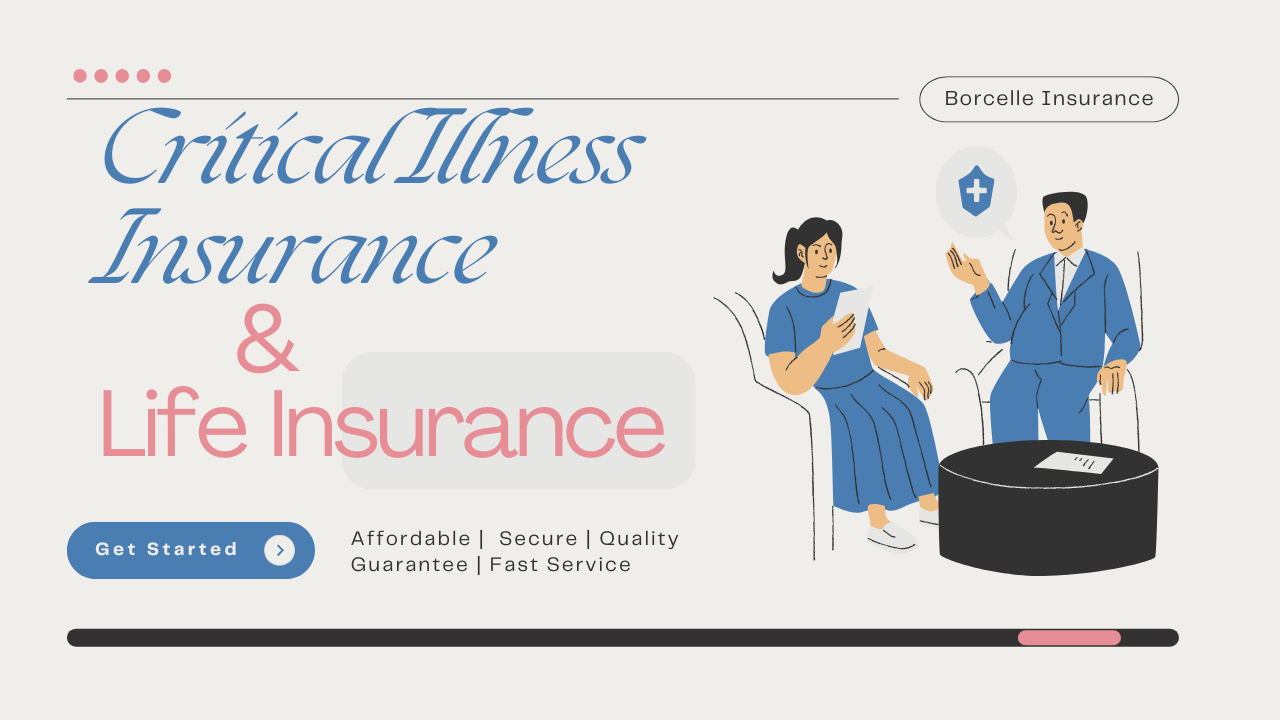When Should You Get Life Insurance? Life insurance might not be a top concern if you’re single and have no kids. But you ought to think about getting a life insurance policy if you have children or want to have children in the near future, or if you have debt that your estate would have to pay off in the event of your death. Usually, the ideal time to get life insurance is right now. This is due to the fact that your premium will often be cheaper the younger and healthier you are when you get an insurance.
In general, you will save more money on life insurance if you get it when you are younger and in better condition. We are more likely to experience health issues as we become older, which can lead to higher death and life insurance rates. Generally speaking, life insurance costs are lower at age 25 than they are at age 40. If you wait until you’re sixty, you could have fewer coverage alternatives and an even greater rate hike.
It’s up to you whether to purchase life insurance, but the earlier you do it, the lower your premiums will be. Typically, purchasing life insurance is not a young adult’s top financial priority. However, perhaps it ought to be.
Do I Need Life Insurance?
The choice to get life insurance is independent of age, even if it may influence how much coverage you require. When is a good time to get life insurance?
- Obtaining life insurance is advised if you have children under the age of 18.
- You might not need life insurance right now if you’re childless and single.
- Getting life insurance is a good idea if you’re married and your spouse depends on you for income, even a portion of it.
- You may be able to avoid purchasing life insurance if you have sufficient assets or resources to support your family following your passing.
Get Life Insurance if You Have a Family
When you have a family, you usually require life insurance. Because life insurance is meant to support your family in the event that you pass away and are unable to care for them, it is not intended for you. Furthermore, there can be unique circumstances where you desire life insurance coverage even if you are single and do not have children.
A small life insurance policy might cover your parent’s portion in the case of your death, for instance, if they cosigned a substantial school loan or a mortgage for you. The majority of people start considering life insurance when they desire to secure their children’s financial future and have children. That’s what my spouse and I carried out.
Get Life Insurance While You’re Young
The older you become, the more costly life insurance becomes. Additionally, the healthier you are, the less costly life insurance is. Even if your health is at its greatest right now, you never know what the future holds. Common health issues that often accompany aging, such as diabetes and high blood pressure, can dramatically increase the cost of life insurance. It’s also possible for a number of reasons to keep you from obtaining life insurance altogether.
The main line is that purchasing life insurance when you’re young and healthy may be a wise financial decision that you’ll appreciate years from now, even if you’re single and childless right now.
Get Life Insurance if You’re Married
You should get life insurance for your spouse even if you don’t currently have children or want to in the future. If your spouse depends on your income and does not work, then life insurance is definitely essential. However, it’s likely that you depend on both of your wages to maintain your lifestyle even if you both work.
Should one of you pass away, your surviving spouse could have to sell your house or make other big life adjustments with only one source of income. In this scenario, life insurance would guarantee that the surviving spouse has the means to support themselves financially, if not permanently, then for a considerable amount of time.
How Much Life Insurance To Get
It is generally advisable to obtain as much life insurance as your dependent(s) will require to support themselves in the event that you are unable to work. This may be millions of dollars, or it could be less, depending on a few variables. To ascertain the required amount of life insurance:
- Multiply the number of years you want the insurance to cover by your yearly income.
Include any fixed costs (such as college fees for the kids). - Lastly, deduct any investments or non-retirement funds you have that can help with part of these expenses instead of an insurance payout.
- Alternatively, you can quickly receive an estimate of how much life insurance you should purchase by using our straightforward life insurance calculator.
What Policy Length Should I Consider?
Depending on your age and certain life events (e.g., establishing a company, purchasing a home, or having children), you may choose the optimal term length. Generally speaking, the term length you select should cover the time in your life when your family will incur the greatest expenses and be most vulnerable to loss in the event of your death.
The majority of term insurance contracts are for 10, 20, or 30 years. For those interested in a low-commitment coverage, eFinancial now offers a one-year alternative for short-term life insurance.




